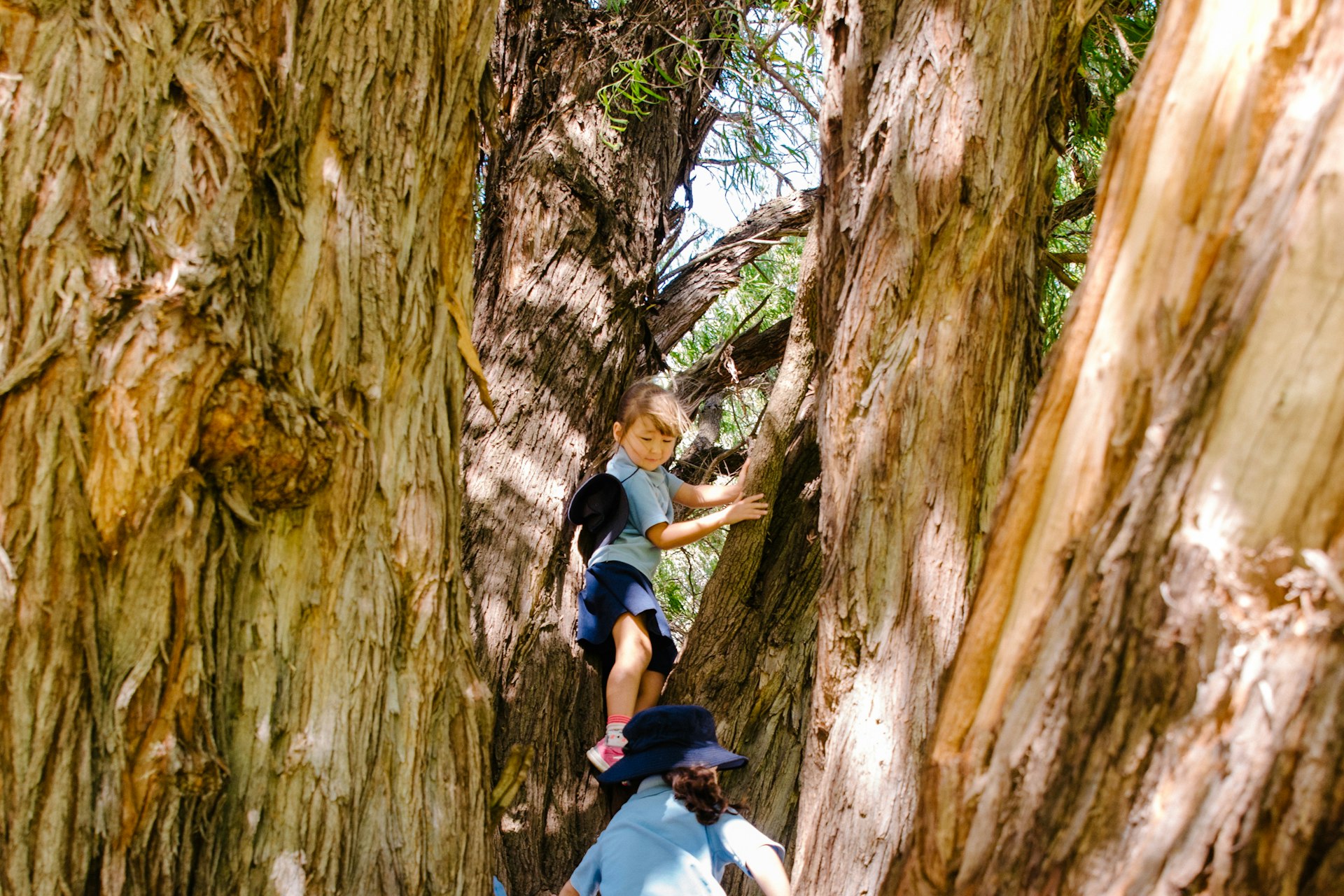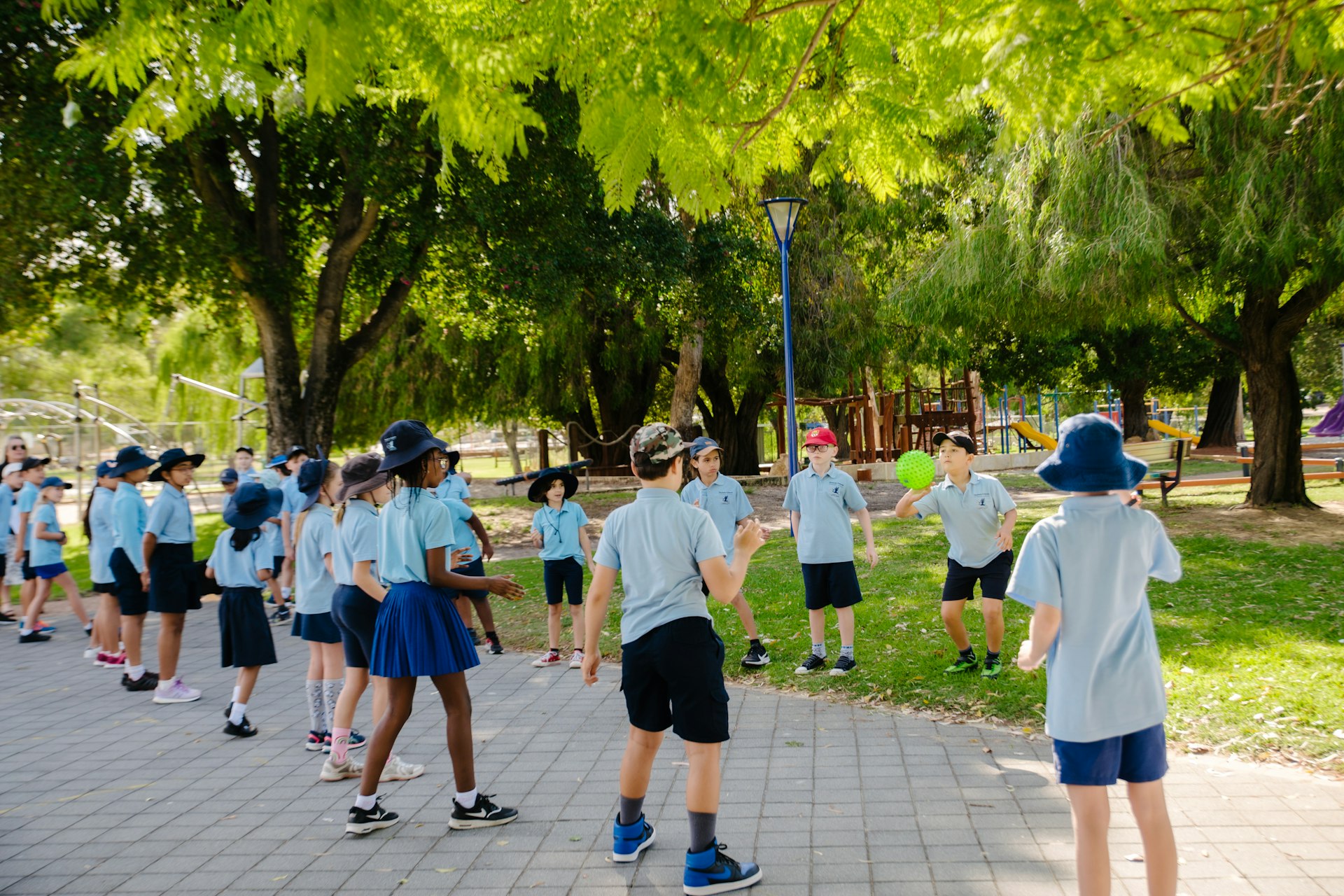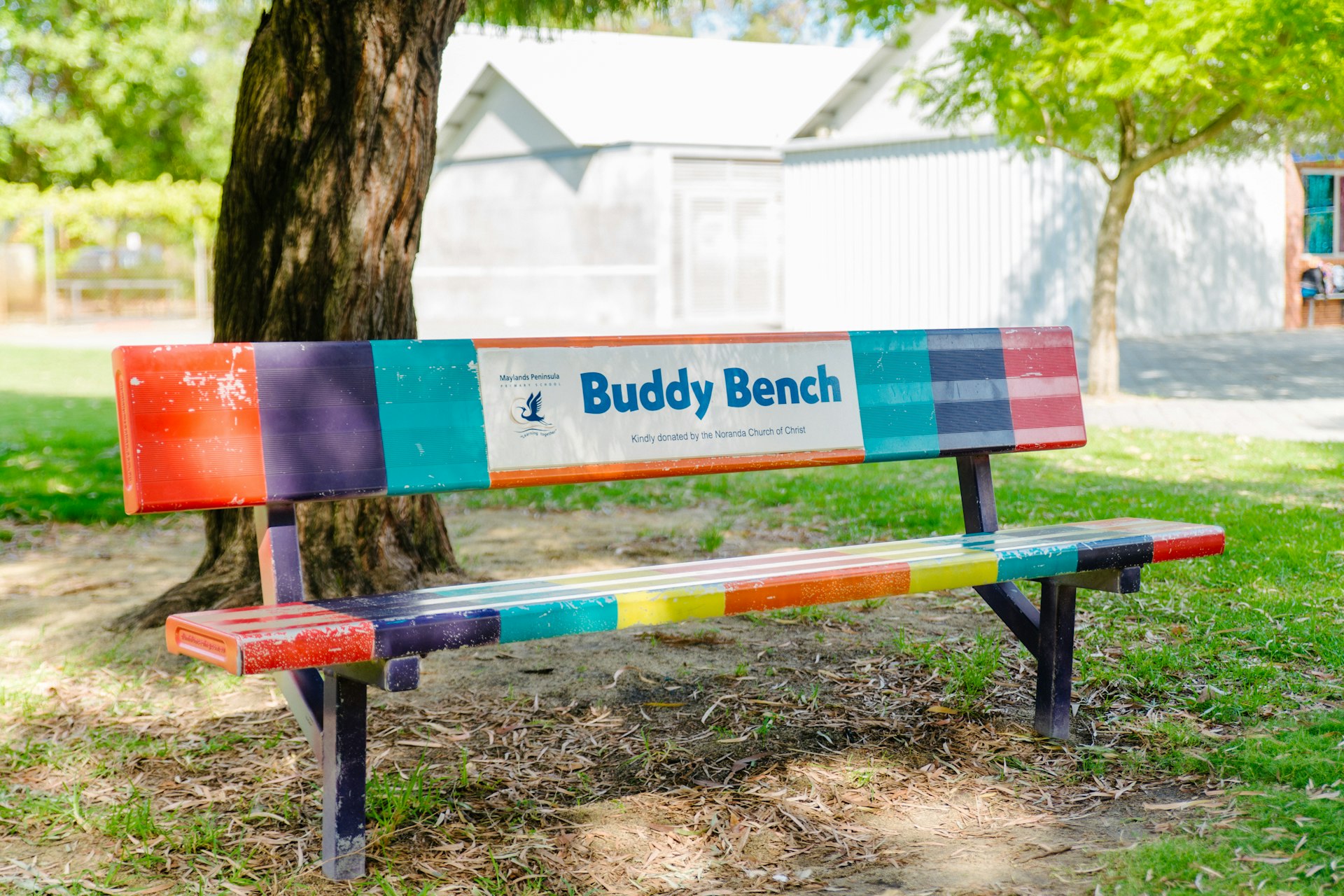Student Wellbeing
At Maylands Peninsula Primary School, the emotional and physical wellbeing of our students is pivotal to their success at school, as adolescents, and in their future lives. Physically and emotionally healthy students are happy, able to deal positively with life's challenges, experience a sense of connectedness with the school and others, and are well placed to develop into well-balanced and successful young adults.
Our goal is to provide a safe and engaging environment that supports and promotes the behavioural, emotional, social, physical and cognitive wellbeing of our students. The following services and approaches are used to meet this goal:
Student Services Team
At Maylands Peninsula Primary School, we adopt a Student Services Team approach to dealing with all matters regarding our students. The Student Services Team consists of our Deputy Principal- Student Services and our School Psychologist, and when appropriate, our Student Welfare Officer. The Team assesses all referrals made by staff and/or parents and works alongside and in collaboration with teaching staff and parents to determine the best course of action required to meet the needs of the individual student.
School Psychologist
The Department of Education provides for school psychologist services in all government schools across Western Australia.
School psychologists play a key role in supporting students, parents, teachers and school administrators in a wide range of areas. This extends from mental health issues to complex behaviour, learning difficulties and disability, and emergency and critical incident management. Their work might include assessment, consultation and intervention with individuals and groups. They also work at a whole school level with school leaders and staff, students, parents, the community and interagency partners.
At Maylands Peninsula Primary School, we have access to school psychologist services for two days a week. Our school psychologist may engage with parents and students for a range of reasons including concerns regarding academic progress, social awkwardness, mental and emotional health, learning difficulty and disability. It is important to note that our school psychologist cannot work with any student without the explicit consent of the parent.
Student Wellbeing Officer
Maylands Peninsula Primary School provides a program that assists the school community to support the wellbeing of students, including strengthening values, providing greater pastoral care and enhancing engagement with the broader community.
The Role of a Student Wellbeing Officer
The role undertaken by a Student wellbeing Officer is to provide pastoral support and care to staff, students and their families, not to provide Christian Religious Education in school.
- supporting all members of the school community regardless of faith and cultural backgrounds;
- ensuring the personal and social wellbeing of students, their families and school staff in need of social, emotional, mental and physical and support;
- building relationships with students, families and staff;
- offering pastoral care and mentoring;
- assisting with the planning for Harmony Day and NAIDOC Week activities;
- being a positive role model; and
- identifying and introducing specific programs to better meet the needs of the school community whenever the opportunity arises.
Values Education in the Early Years
You Can Do It!
As part of our focus in Values Education in the Early Years, our students are exposed to the You Can Do It! program.
The program teaches the positive attitudes and the five key social-emotional skills required for life-long learning. These include:
- Confidence (work, social, non-verbal);
- Persistence (work, chore);
- Organisation (goal orientation, active listening, time management, taking care of things);
- Getting Along (peer interaction, behavioural responsibility, conflict resolution, positive classroom behaviour, social responsibility); and
- Resilience (emotional self-regulation, behavioural self-control).
Through the use of hand puppets, songs and animations, students are introduced to the You Can Do It! crew- Ricky Resilience, Connie Confidence, Pete Persistence, Oscar Organisation and Gabby Get Along. By learning about each of these characters through play and conversation, students develop an understanding about what each of these important social-emotional skills looks, feels and sounds like.
When the right opportunity presents itself, teachers can use these 'teachable moments' to encourage the appropriate response from their students. For example, be like Pete Persistence when cutting out a difficult shape or be a Gabby Get Along and be a good friend to others.



